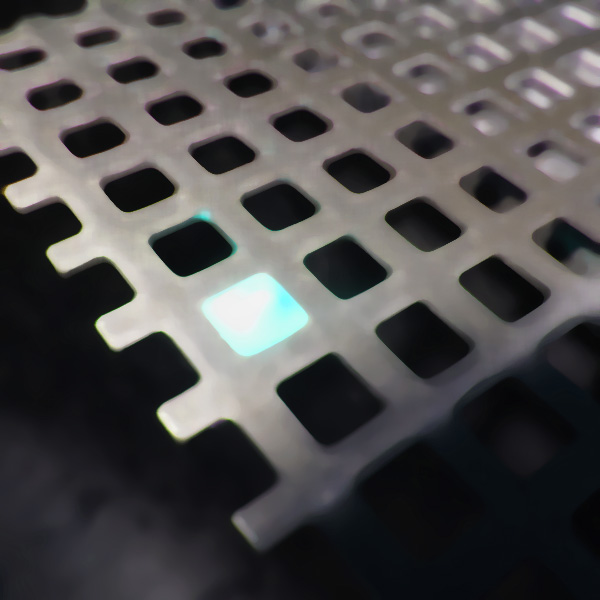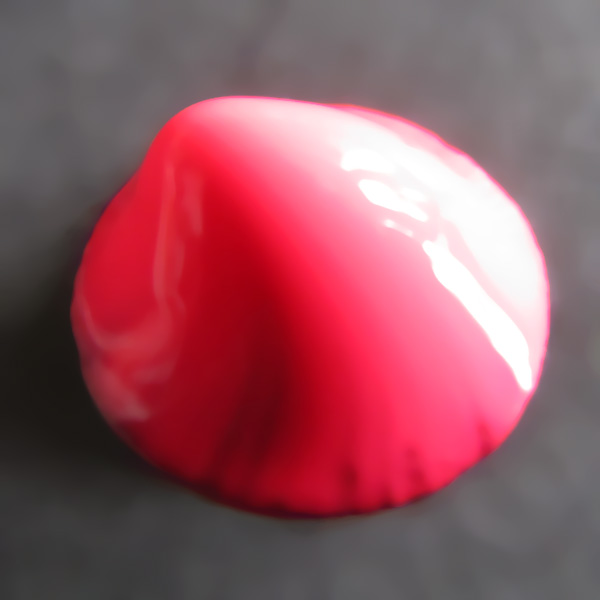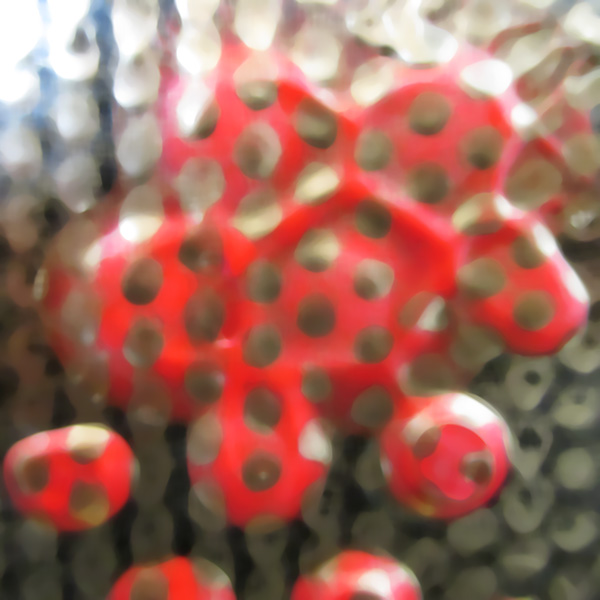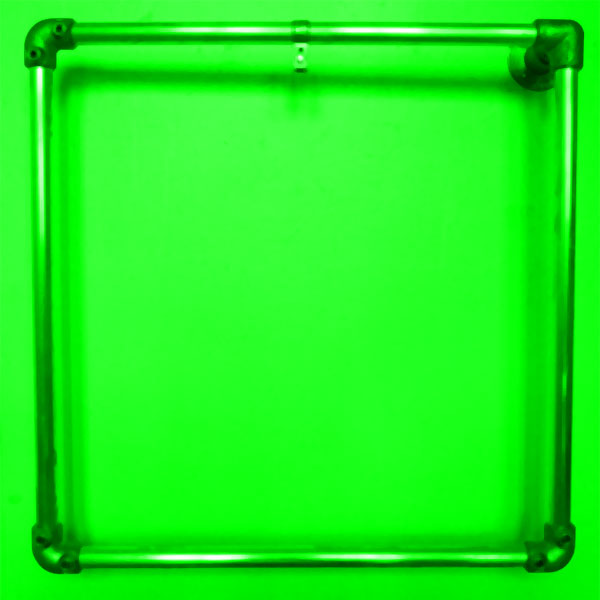window

it’s been to long since I read some cyber punk

kunst gaat over waarneming, het waarnemen. Daarom is kunst maken maar een deel van het werk. In het zien komt het tot leven, bestaan. Een kritische blik maakt iets kunst (Oscar Wilde in mijn woorden).
Het gedoe over de kunstmarkt, prijzen, is gedoe, niets meer. Het heeft niets met kunst te maken. Hoe valt het licht. Hoe komt het beeld bij de kijker binnen. Wat gebeurt er in haar hoofd? Dát proces is kunst. Het werk, de kunstenaar levert daar essentieel en waardevol materiaal voor. Stof voor beschouwing, kijken, denken. Kunst kijken is een activiteit. Kunst ervaren is een activiteit. Aan kunst neem je deel, je ondergaat het niet.

je kunt het niet plannen, niet bedenken. life, like art, comes over you. shit, like art, happens.
Kostgewonnen is een pand waarin kunstenaars hun atelier hebben. Er wordt kunst gemaakt. Normaal wordt een deel daarvan tentoon gesteld nadat het werk al enige tijd af is, ook omdat de kunstenaar zelf aan het werk moet wennen en het kunnen beoordelen.
In de FRESH serie willen we juist werk tonen dat net gemaakt is. Waarvan het niet zeker is of het ooit het pand verlaat om geëxposeerd te worden. Werk dat misschien een paar dagen later al niet meer bestaat omdat het toch niet voldoet aan de eisen van de kunstenaar zelf.
Wellicht heeft de bezoeker van FRESH invloed op het werk. Of het blijft bestaan, of er verder aan gewerkt wordt of het de aanzet voor een nieuw werk wordt.
Fresh vindt elke eerste vrijdag van de maand van 18.00 – 21.00 uur plaats in het kader van First Fridays Amsterdam.
KOSTGEWONNEN
Derde Kostverlorenkade 35
1054TS Amsterdam

Kostgewonnen is een pand waarin kunstenaars hun atelier hebben. Er wordt kunst gemaakt. Normaal wordt een deel daarvan tentoon gesteld nadat het werk al enige tijd af is, ook omdat de kunstenaar zelf aan het werk moet wennen en het kunnen beoordelen.
In de FRESH serie willen we juist werk tonen dat net gemaakt is. Waarvan het niet zeker is of het ooit het pand verlaat om geëxposeerd te worden. Werk dat misschien een paar dagen later al niet meer bestaat omdat het toch niet voldoet aan de eisen van de kunstenaar zelf.
Wellicht heeft de bezoeker van FRESH invloed op het werk. Of het blijft bestaan, of er verder aan gewerkt wordt of het de aanzet voor een nieuw werk wordt.
Fresh vindt elke eerste vrijdag van de maand van 18.00 – 21.00 uur plaats in het kader van First Fridays Amsterdam. We beginnen op vrijdag 3 juni. van welke kunstenaars nog meer mee doen wordt later bekend gemaakt.
KOSTGEWONNEN
Derde Kostverlorenkade 35
1054TS Amsterdam
well, that is just the way life works, so a rather superfluous remark.
sometimes these simple things feel like a discovery 🙂